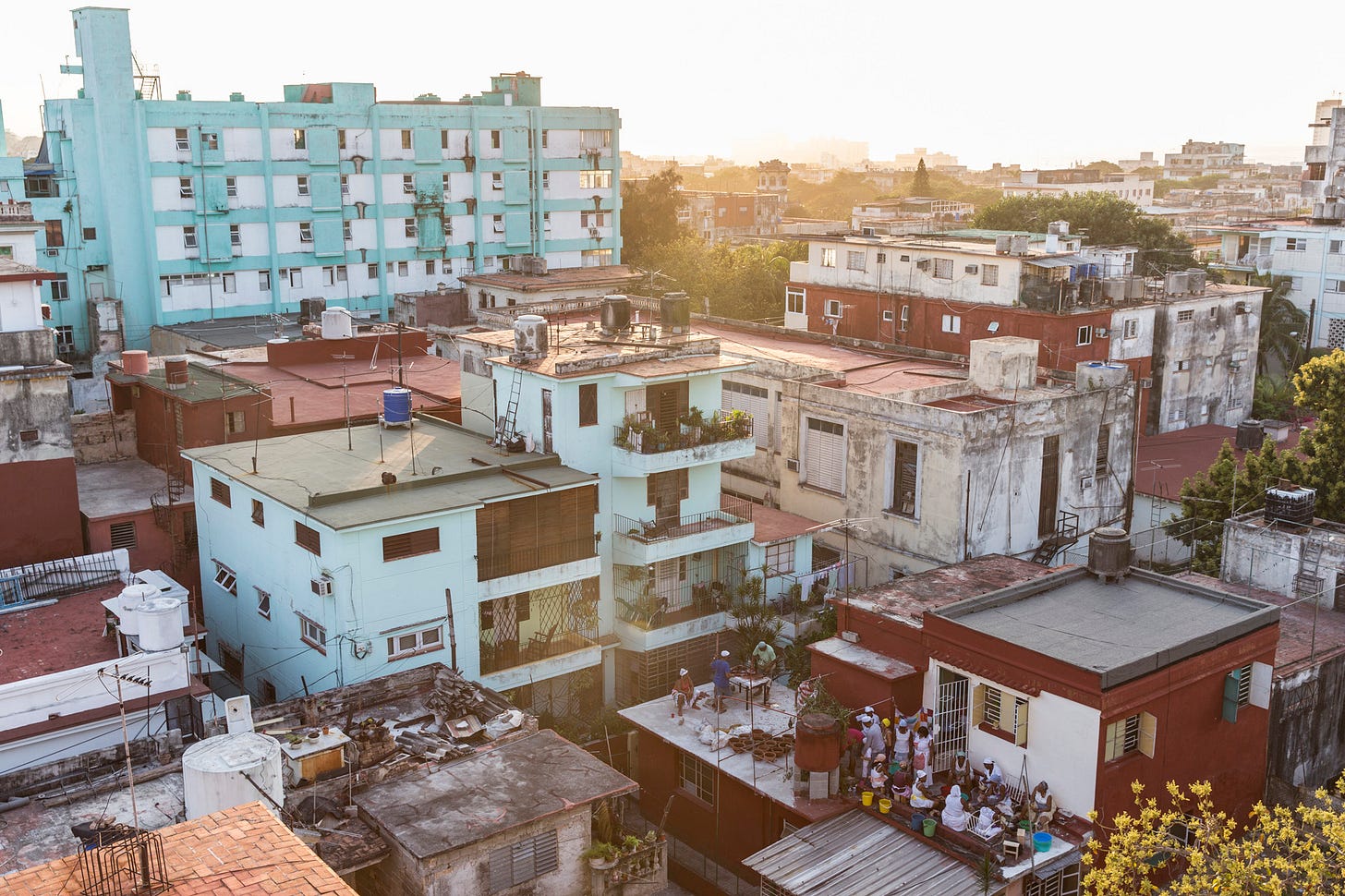
Here is an interview where I try to summarize everything I know about Cuba in one short burst. http://www.subtletea.com/4552-2/
I’m writing a book about the authoritarian leaders and violent extremists I’ve met around the world, and what they tell us about the future of American democracy. In search of a title, I have sarcastically referred to the book as “Dictators I Have Known and Loved.”
One dictator stands out. Cuba has been my obsession, my school, and my conundrum since my first visit in January, 1991. Fidel Castro, and the system he built, have been the subject of more than 40 articles I have written, and three books. I’ve always found the man himself blinding, and tried to look instead at his shadow, his shaping presence on the history of Cuba as felt by ordinary people living out the Cuban nightmare.
In my book, I’m working to disambiguate the meanings of various terms, like authoritarian, strongman, autocrat, demagogue, or tyrant. A dictator is, according to Merriam-Webster, someone who concentrates all power and decision-making in his own hands.
This is an important difference from “authoritarian,” which is defined as both a enduring personality type (Theodore Adorno, 1951) and a political system in which power and decision-making are concentrated. But not concentrated in just ONE set of hands.
An authoritarian system is a system. In today’s world, the authoritarian leader is elected, meaning he had broad participation from society. Duterte in the Philippines won a strong majority at the polls, and has spent his six-year term killing people as if he were a dictator. But he isn’t: he depends on an alliance of middle-class supporters and senators and power brokers who want his popularity. Erdogan in Turkey has been elected to high position for twenty years. Bolsonaro in Brazil and Orban in Hungary are elected. All pursue the tropes of right-wing dictators and military rulers (patriotism, patriarchy, religion, and visible punishment of enemies) but they get their power at the ballot box.
This majoritarian democracy says that once we win, we can do anything we want. After all, we won! Dan Slater, chair of Poltical Science at the University of Michigan, has shown how democracy is actually thriving around the world—if you define it as majoritarian democracy. Minority rights are peeled back, out groups are demonized, checks and balances are dismissed for thwarting the will of the people. Donald Trump confessed, on 60 Minutes just one month into his presidency, that his greatest disappointment was learning that he couldn’t just decide decide legal cases however he wanted. His commutation of Roger Stone’s sentence shows how he continues to seek that power.
Trump is a demagogue, and an elected authoritarian. A demagogue—demagoguery is defined as a style of communication built on fear, emotional manipulation, and irrational passions—claims to channel the “real” people, their voice or spirit. Today’s modern authoritarian channels the election results. A dictator just channels himself.
Reckoning with Cuba, and dictatorial leaders around the world, is an important part of my book, and Fidel is the original Dictator I Have Known and Loved. Here is my attempt to summarize everything I learned from Cuba in one interview, with the book site SubtleTea:
http://www.subtletea.com/4552-2/
——————-
The Authoritarianism Project brings my overseas reporting home, applying 30 years of lessons about dictators, closed systems, and political violence to our America, and where we are going.



